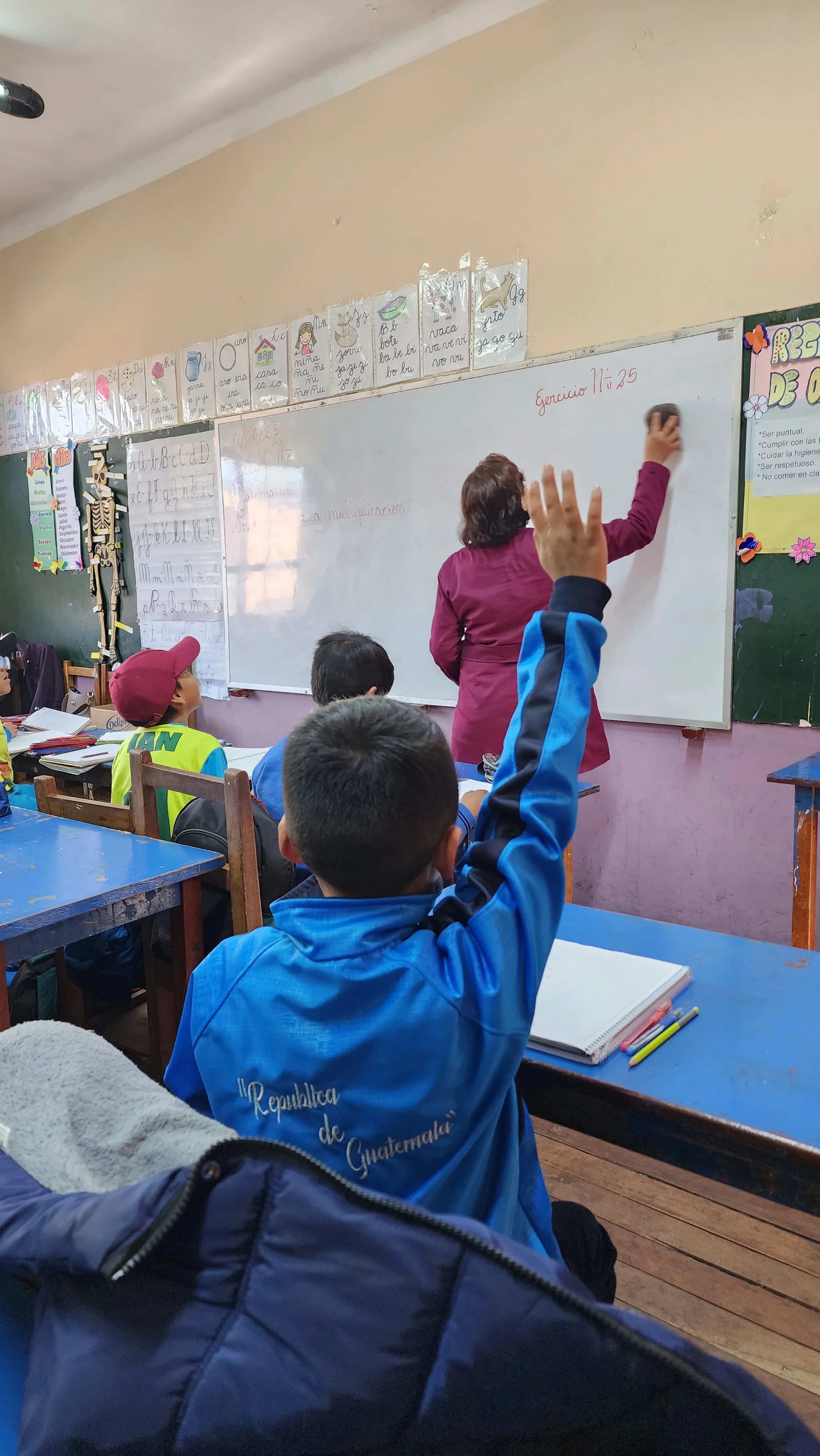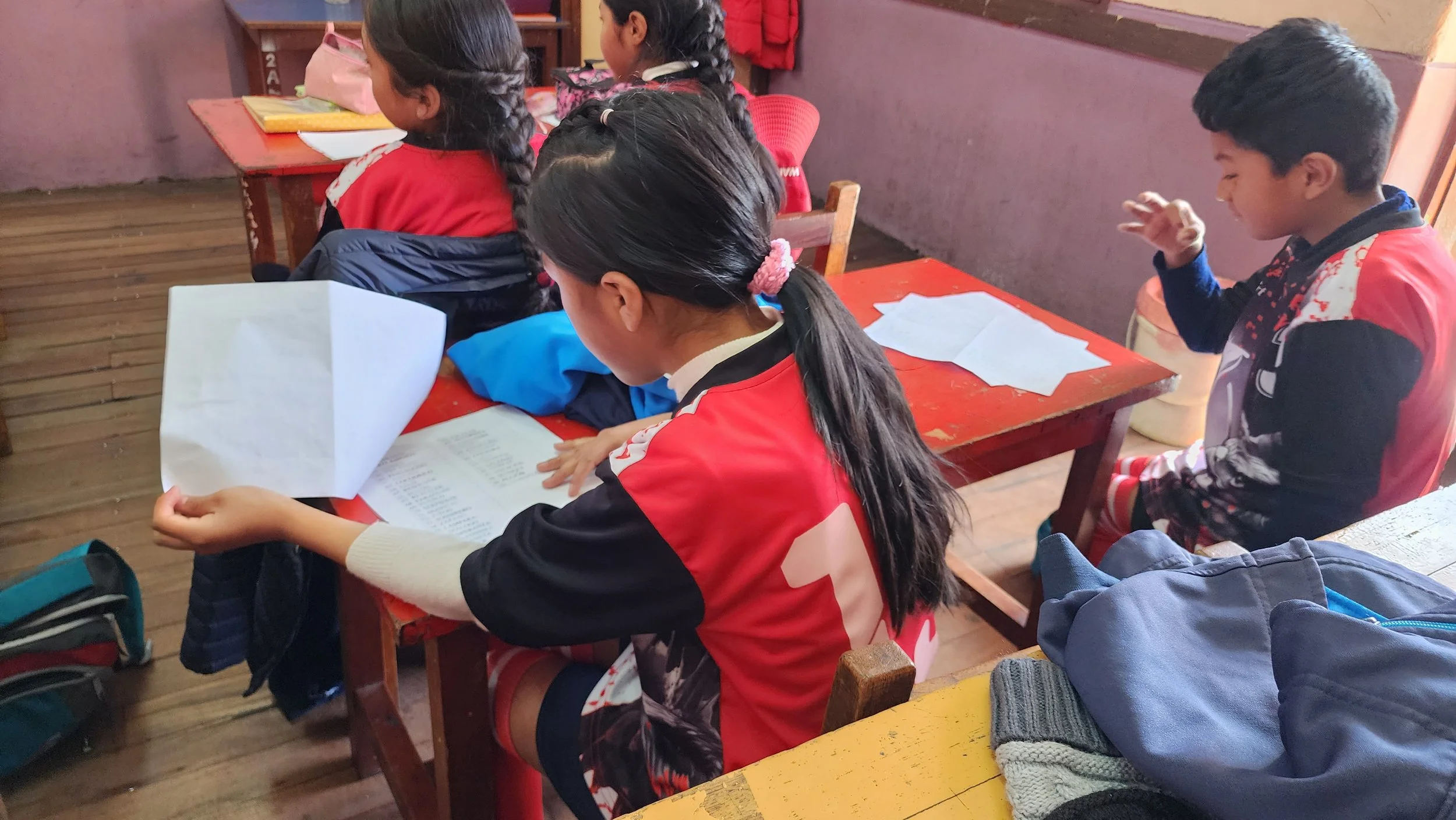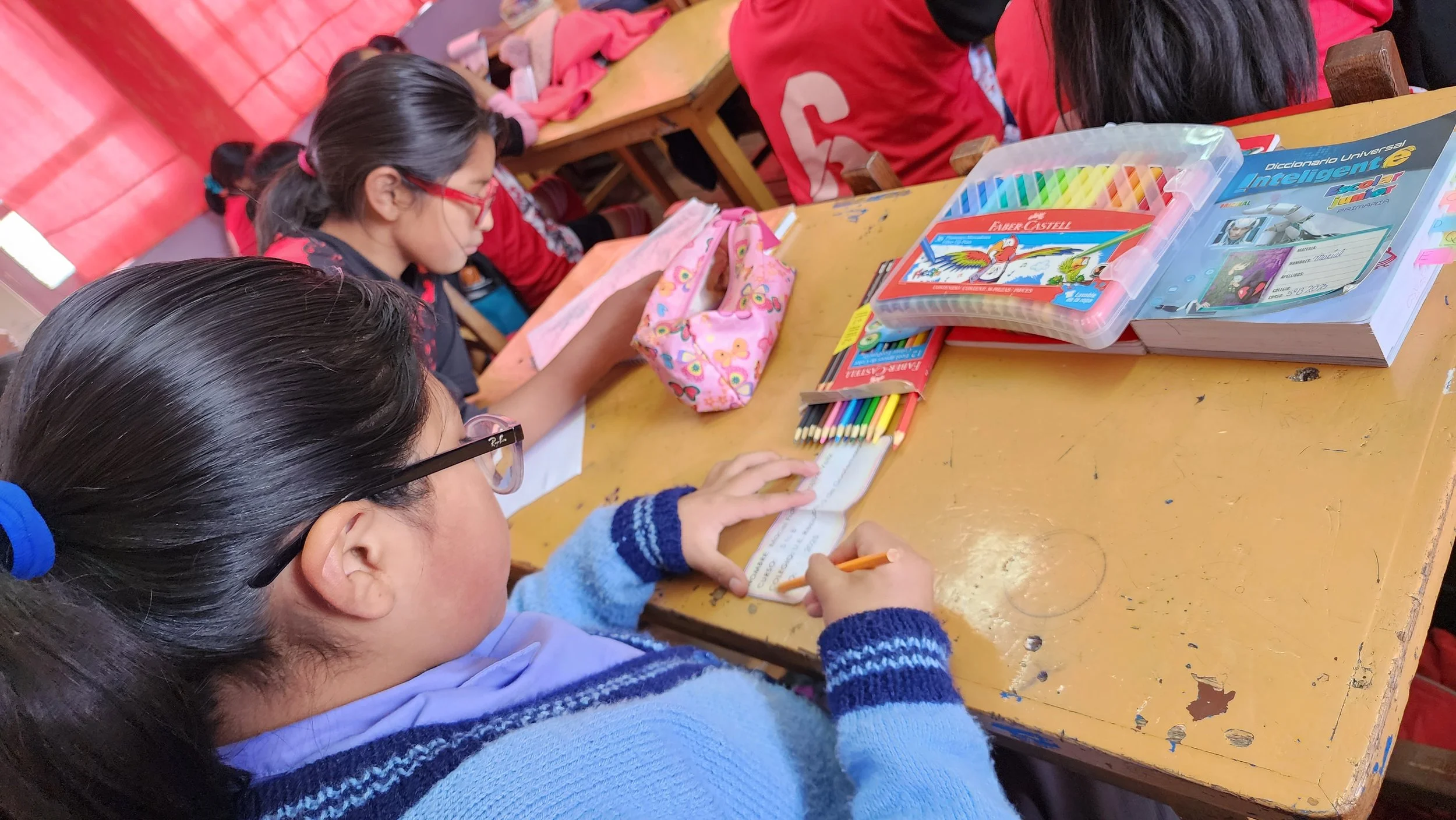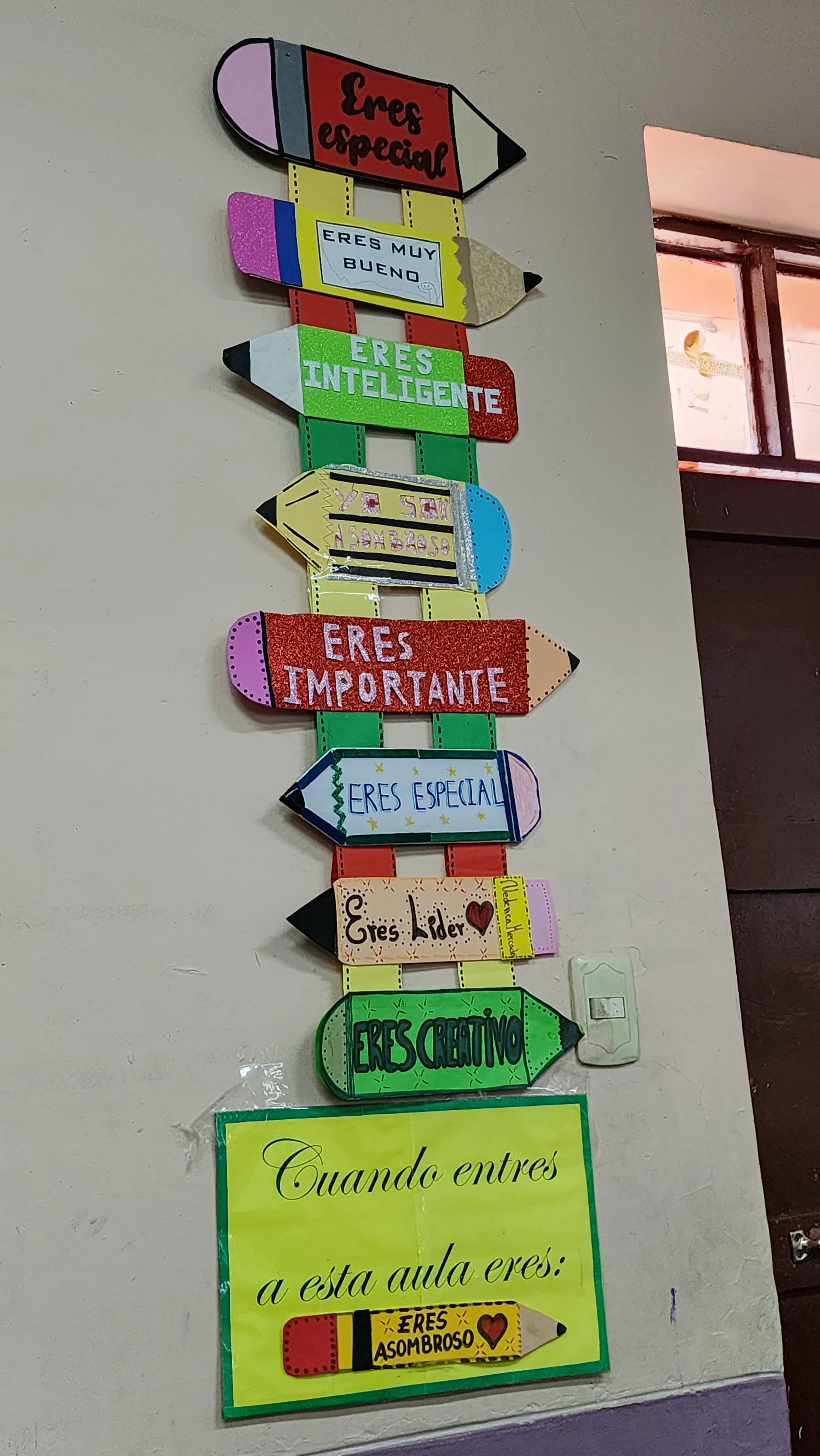Case Study 1
Bolivia and Ecuador
The principles of Buen Vivir applied to the educational systems in Ecuador and Bolivia expose how education is thought of as a tool for conceiving and building a new society. They exemplify an alternative indigenous/non-western reasoning applied to education to promote a new form of “sustainable development”.
Buen Vivir and Indigenous Principles to Education in Bolivia and Ecuador
After adopting new constitutions, Bolivia and Ecuador have implemented education reforms that aim to promote social changes towards more equal, harmonic and sustainable societies, based on the indigenous principles of “Buen Vivir”. Both countries positioned education as a strategic axis for national change and strengthened the role of the state as the main actor responsible for it.
Bolivia included the “decolonisation of thinking” as a way to promote cultural change and a building of the new educational system, and Ecuador opted for policies aimed at guaranteeing the right to education, mainly focused on access and management.
Context and relevance: Buen Vivir and new ways of framing education and “sustainable development”
The concept of “sustainable development” has gained prominence in the past few years, especially through the Sustainable Development Goals (SDGs). At the same time, neoliberalism has become the global dominant political and economic approach, which usually frames development within economic parameters and according to western frameworks. Policies often rely on market-based and privatising strategies and approaches, including in education. However, other alternatives to and perspectives on “development” are possible.
One of these is the concept of “Buen Vivir” (or “Good Life”), which fosters the values of indigenous peoples and aims for harmony among people and nature. These concepts have informed policies and national legislations in Bolivia and Ecuador. Education is thus recognised as a right and is centred in the holistic development of people; it is framed as a tool to transform economic and social structures, as well as cultural affirmation. It has a strategic role in creating alternative models of society and development. As a result, the meanings and goals of education are shifted towards principles of equality, equity, interculturality, national sovereignty and regional integration. In practice, there is a strengthening of the public and of relationships between the state and social movements, social organisations and indigenous peoples.
The Approach: Education for Social Change
The reforms of education in Ecuador and Bolivia, drawing from the principles of Buen Vivir, illustrate southern alternatives to education. Education is an indispensable condition for Buen Vivir and the creation of a new way of living together, of citizenship, in diversity and harmony. It is thought of as a means to learn how to live in society and create the political, social and economic pillars for the society envisaged by the Constitutions. Education became recognised as a lifelong right, with the aim to eliminate inequality.
In Bolivia, the reform is described as an “education revolution with a teacher revolution”, with an aim of promoting the “decolonisation of thinking”. Education must consolidate the plurinational state and a society based on Buen Vivir with social justice. It must reinforce multiculturality, and strengthen the identity and culture of each indigenous nation and people. In practice, this was translated into new policies regarding access, curriculum and teacher training.
In Ecuador, the national education plan had four axes of action: curriculum, human talent (focused on teacher training), funding and management, and accountability. The education for “interculturality” became a central element, as it is understood that inequality in Ecuador is connected to the exclusion of ethnic groups and cultures in the country. Teacher training was reformulated, as well as teachers’ career plans.
These new approaches have also constitutionally emphasised the budgetary priority of education, establishing it as the first financial responsibility of the State (art. 77 Constitution of Bolivia) and as a priority area for state investment (art. 26 Constitution of Ecuador). Both constitutions include specific mandates regarding the incorporation (Bolivia) or promotion (Ecuador) of gender equity in education (art. 79 and art. 27 respectively).
Ecuador has eliminated access barriers (such as entry exams and fees) and banned payment by families to schools. The school meal program was also enlarged and grew from the provision of meals from 80 school days to 200 school days. Bolivia has made remarkable advancements: formerly excluded indigenous groups were included in schools; the country was declared “free of illiteracy” in 2008; financing grew to 8,19% of GDP in 2018; and school dropout rates decreased to 2,5% in 2018.
Lessons Learned and Limitations
The cases of Ecuador and Bolivia illustrate how education is seen as a tool to enact a societal project, whilst it is also a product of this specific social context. Thus, the values, social structures and culture are all reflected, included and valued in the education system and, at the same time, education is planned to work in favour of a desired society. Second, teachers are central to the reforms, seen as active and creative subjects that can enact the desired educational changes. Third, the curriculum aims at developing a new way of living, one that is sustainable and committed to social justice, in harmony with nature and society. Finally, the case of Bolivia illustrates how the improvement of public education is able to limit or reverse privatisation (at least to a point), by attracting the families that had opted for private schools. This reversal did not depend on the regulation of private schools, but rather improving and strengthening public education.
However, translating alternative educational and social principles into systems and policies is challenging. Both countries have gone through internal struggles, resistance and external pressures. Furthermore, some ideals might lose their transformative potential when translated into formalised systems that must fit into other structures. In Ecuador, for instance, the resulting system kept several characteristics from former structures and is more adept to international trends; it became equalised with a narrow understanding of quality. Nonetheless, these experiences illustrate how local knowledge and solutions can emerge and offer alternatives to current hegemonic practices.
Download the full resource




